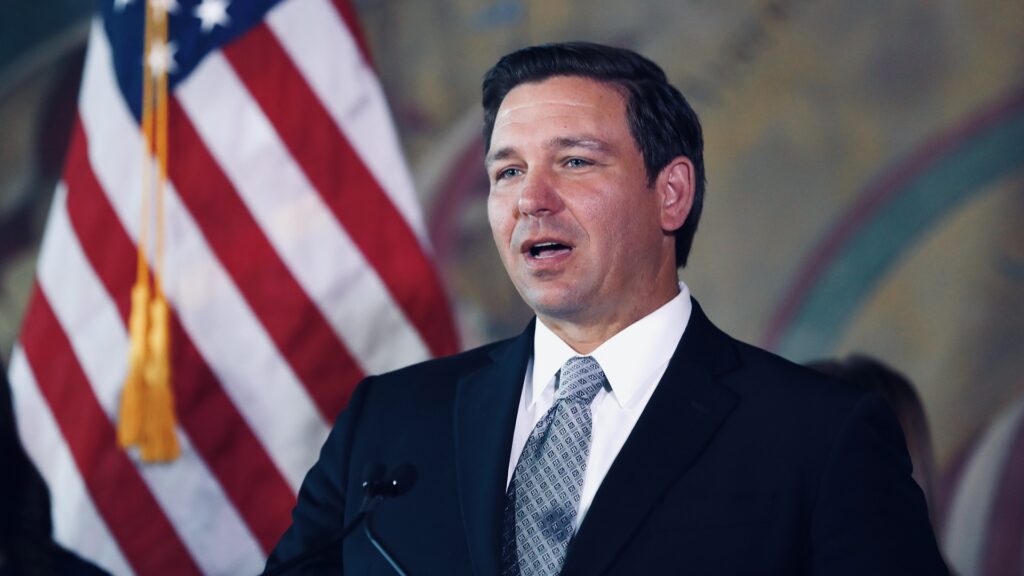
Florida’s Governor, Ron DeSantis, is making waves in the world of cryptocurrency with his recent move to curtail the use of central bank digital currencies (CBDCs). This bold stride in the digital financial landscape is aimed at defending consumer power and the thriving cryptocurrency market from potential central control.
DeSantis’s signature on the new bill seals Florida’s stance on CBDCs, with the law expressly prohibiting their use under Florida’s Uniform Commercial Code (UCC). The legislation not only bars any US federal CBDC from being recognized as legal tender, but also extends the ban to include CBDCs issued by foreign governments. What’s more, the Sunshine State is hoping to spark a legislative trend, urging other states to place similar restrictions within their commercial codes.
At the heart of this bill signing, DeSantis voiced his concerns over what he perceives as a quiet power grab by the Biden administration, alluding to their ongoing studies of this emerging financial technology. “I don’t think they would have done that if they don’t intend on implementing this,” he expressed, fearing that a US CBDC could mark a “massive transfer of power from consumers to a central authority.”
The governor also took a stand for the booming world of digital assets like Bitcoin, suggesting that the introduction of a CBDC could pose a threat to these decentralized currencies. “I think they want to crowd out and eliminate other types of digital assets like cryptocurrency because they can’t control that, so they don’t like that,” he noted.
This groundbreaking legislation is more than just a refusal to incorporate CBDCs into Florida’s commercial code. It is a signal of intent, a move to protect Floridian consumers from potential CBDC influences. While the bill does stir up the waters, it will be fascinating to see if other states follow in Florida’s wake. The law will take effect as of July 1st, marking a significant date in the calendar of the crypto world.